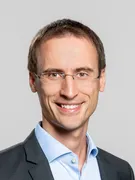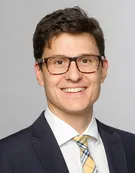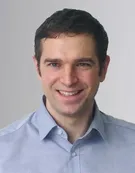ERC Consolidator Grants for Rudolf Mößbauer Tenure Track Professor Andreas Reiserer and Mößbauer alumni Michael Knap and Matthias Nießner
News |

Picture: Heddergott, TUM
Andreas Reiserer (Quantum Networks, TUM) won his Consolidator Grant for his project OpENSpinS, aiming to combine the wide bandwidth and long reach of photons (light particles) with the reliable and long-lasting storage of qubits in silicon. Silicon, well-known as the standard material in microelectronics, serves as the foundation. Instead of electronic spins, the team aims to use the durable nuclear spins of erbium atoms, which can be entangled using light. This approach seeks to enable qubits to be interconnected over greater distances—a critical step towards building larger quantum networks.

Michael Knap’s (Collective Quantum Dynamics, TUM) project DynaQuant investigates how specific properties of quantum states can be leveraged to develop more robust and efficient systems. The focus is on topological quantum states with particularly exotic properties. The aim is to develop new methods to better understand the behavior of these states, especially under non-equilibrium conditions. The results could contribute to the development of new quantum technologies and significantly advance secure data processing.

Matthias Nießner (Visual Computing, TUM) is tackling the following challenge in his project Gen3D: Learning to Create Virtual Worlds: Until now, creating realistic 3D content has been very time-consuming and labor-intensive. Previous methods for automating the process do not come close to the quality of the work of artists who design virtual worlds by manual labor. Matthias Nießner develops generative models that generate 3D polygon meshes and their surface textures and material properties. These models can be used directly by modern graphics systems. He uses images and videos as training data. As these only partially show the 3D world, the models must also learn to deal with incomplete data.